Today, there are interesting updates from the Kostiantynivka direction.
Here, after facing repeated humiliating setbacks at Pokrovsk, the Russian command redirected their offensive toward Kostiantynivka, as they collided with the Ukrainian defense line. The Russians sent a massive assault group with dozens armored vehicles to break through, but were funneled into a devastating kill zone.

The goal of Russian forces west of Kostiantynivka is to achieve a decisive penetration through Ukrainian defensive lines, creating opportunities to outflank and encircle both Pokrovsk and Kostiantynivka simultaneously. This would disrupt Ukrainian defenses across two crucial sectors, potentially destabilizing a massive portion of the frontline.

Following a relatively rapid Russian advance in this area last month, Ukrainian forces swiftly redeployed elite units to stall further gains, successfully buying time for reserves to reinforce secondary defense lines.

Despite incremental Russian progress since the initial breakthrough, Ukrainian defenders succeeded in slowing down enemy momentum, preventing the frontline collapse that Russia urgently sought. Now, Russian forces find themselves confronting fortified Ukrainian positions to the southwest of Kostiantynivka, where they've been unable to advance further over the past two weeks.

The Russians currently hold one significant advantage, the establishment of a bridgehead across the important Bychok River. This allows them to transfer larger numbers of troops and equipment across the water barrier, increasing their offensive potential and the intensity of their attacks. The geographic position of the bridgehead offers flexibility for attacks against Kostiantynivka or Pokrovsk, but given limited resources, Russian commanders seem focused primarily on pushing toward Kostiantynivka.

This tactical choice also threatens the nearby Ukrainian defense lines near Toretsk, increasing the reward of any successful maneuver for the Russians.

However, Ukrainian defenses around Kostiantynivka are robust and carefully designed, significantly shaping Ukrainian tactics and granting a decisive defensive advantage. Elaborate anti-tank ditches and natural terrain features effectively funnel Russian forces along the heavily fortified Pokrovsk-Kostiantynivka highway. Ukrainian engineers have constructed a sophisticated network of layered fortifications along this critical road, establishing a formidable defense in depth. Additionally, rows of dragon teeth along the highway serve as concrete barriers to halt Russian armored assaults, while hidden Ukrainian positions in the fortifications deliver devastating fire. Ukrainian artillery and drone operators wait in concealed positions, ready to unleash intense fire on enemy formations entering these well-prepared kill zones.

Faced with mounting difficulties and aware of the increasingly reinforced Ukrainian positions, the Russian command opted for a desperate gamble. They planned to launch one large-scale mechanized assault rather than their more typical smaller infiltration tactics they had been relying on recently. Hoping to surprise and overwhelm Ukrainian defenders, the Russians dispatched one of the largest mechanized columns seen in this sector for months, consisting of at least 23 armored vehicles and over a dozen motorcycles.

However, the column drove directly into a carefully prepared Ukrainian kill zone along the fortified highway. To avoid running into mines on the road itself, the Russians drove beside it, but the Ukrainian minefields extended into the fields, destroying several of their vehicles. The battle was brutal and chaotic, lasting over 3 hours as Ukrainians obliterated this massive Russian assault part by part.


Ukrainian FPV drone operators and artillery systematically dismantled the Russian formation as it struggled to advance due to the obstacles. The engineer vehicle destined to clear a path through the dragon’s teeth was destroyed, as were the soldiers on motorcycles that could have blown a path through them with explosives, causing the Russian armor to bunch up and be devastated by artillery.


Of the approximately twenty-five armored vehicles engaged, eighteen were decisively destroyed. Some of them detonated on carefully placed anti-tank mines; others, attempting to escape Ukrainian fire, panicked and drove directly into anti-tank ditches, becoming stationary targets swiftly finished off by Ukrainian drones. Nearly two hundred Russian troops were killed in the failed assault, underscoring the catastrophic nature of failing an attempted breakthrough.


Overall, while Russian forces initially achieved limited success southwest of Kostiantynivka, the newly improved and manned Ukrainian defensive setup decisively halted their recent ambitious mechanized assault. The scale of losses incurred in this latest attack represents another severe setback for Russian commanders, reflecting both poor operational planning and underestimation of Ukrainian preparations.

Nevertheless, previous patterns suggest that Russians will regroup and return, refusing to abandon their objective. Ukrainian commanders expect that Russia is already mobilizing additional units and equipment, preparing another offensive effort against the long-coveted Kostiantynivka sector.



.jpg)
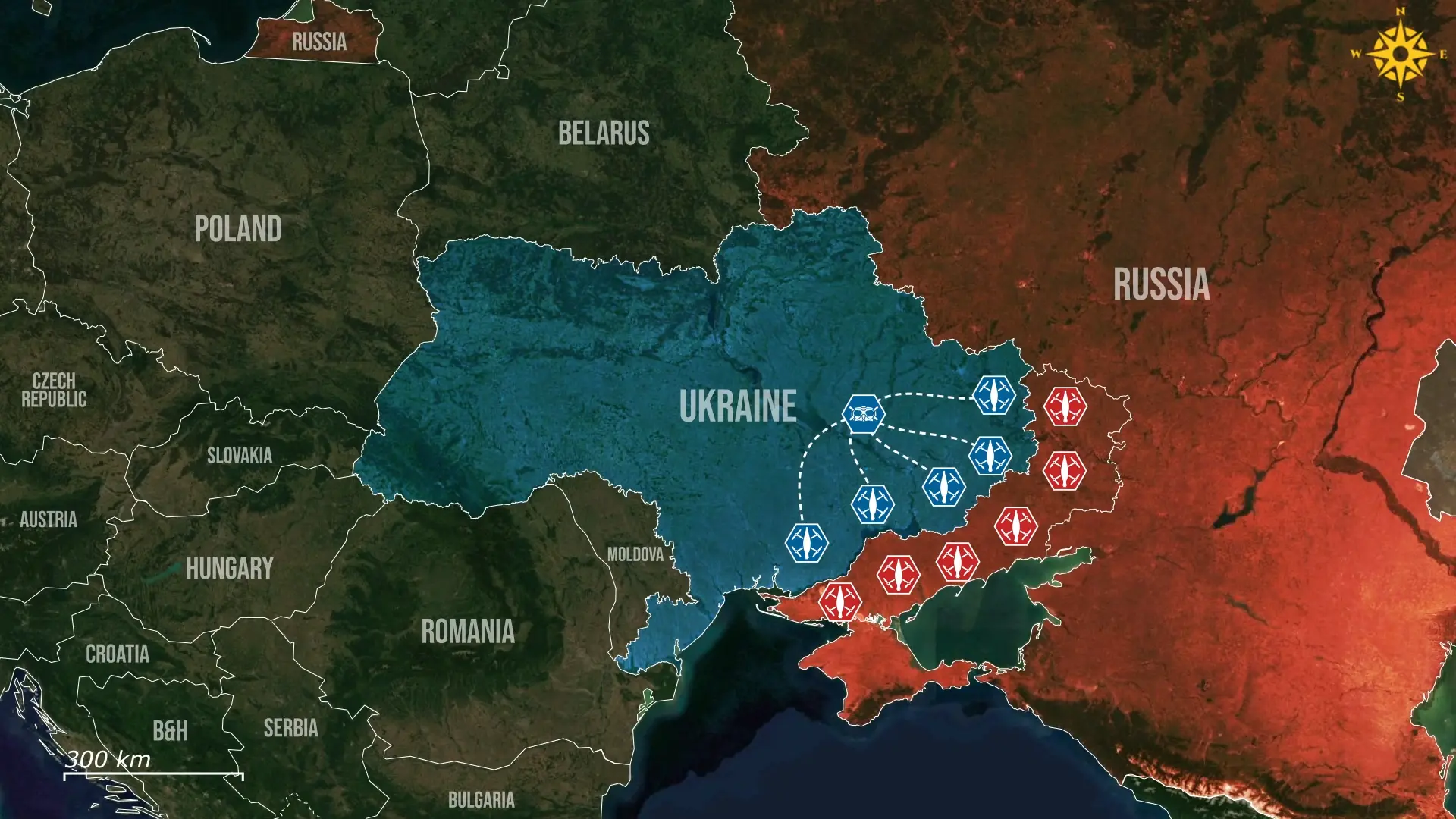
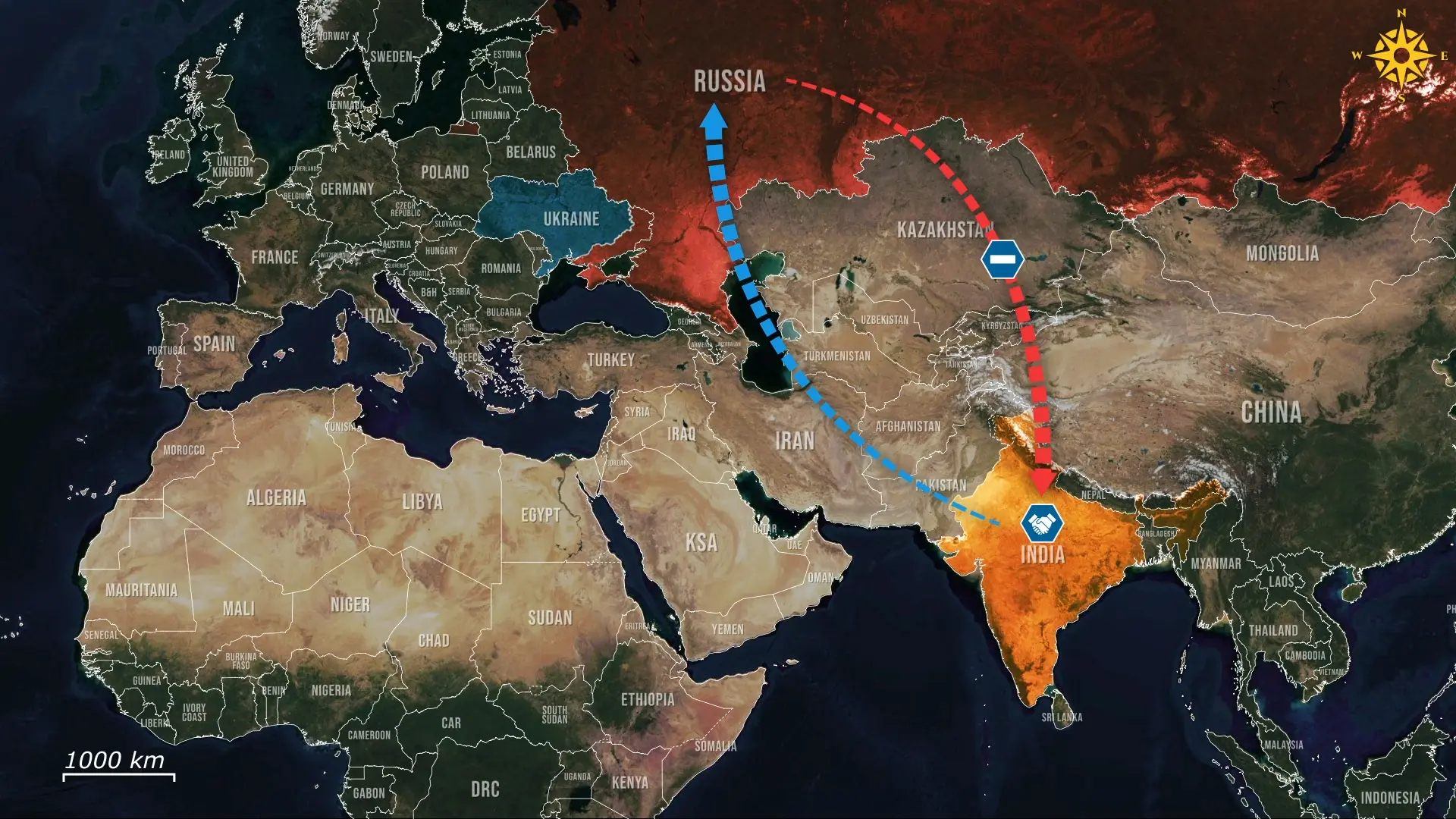
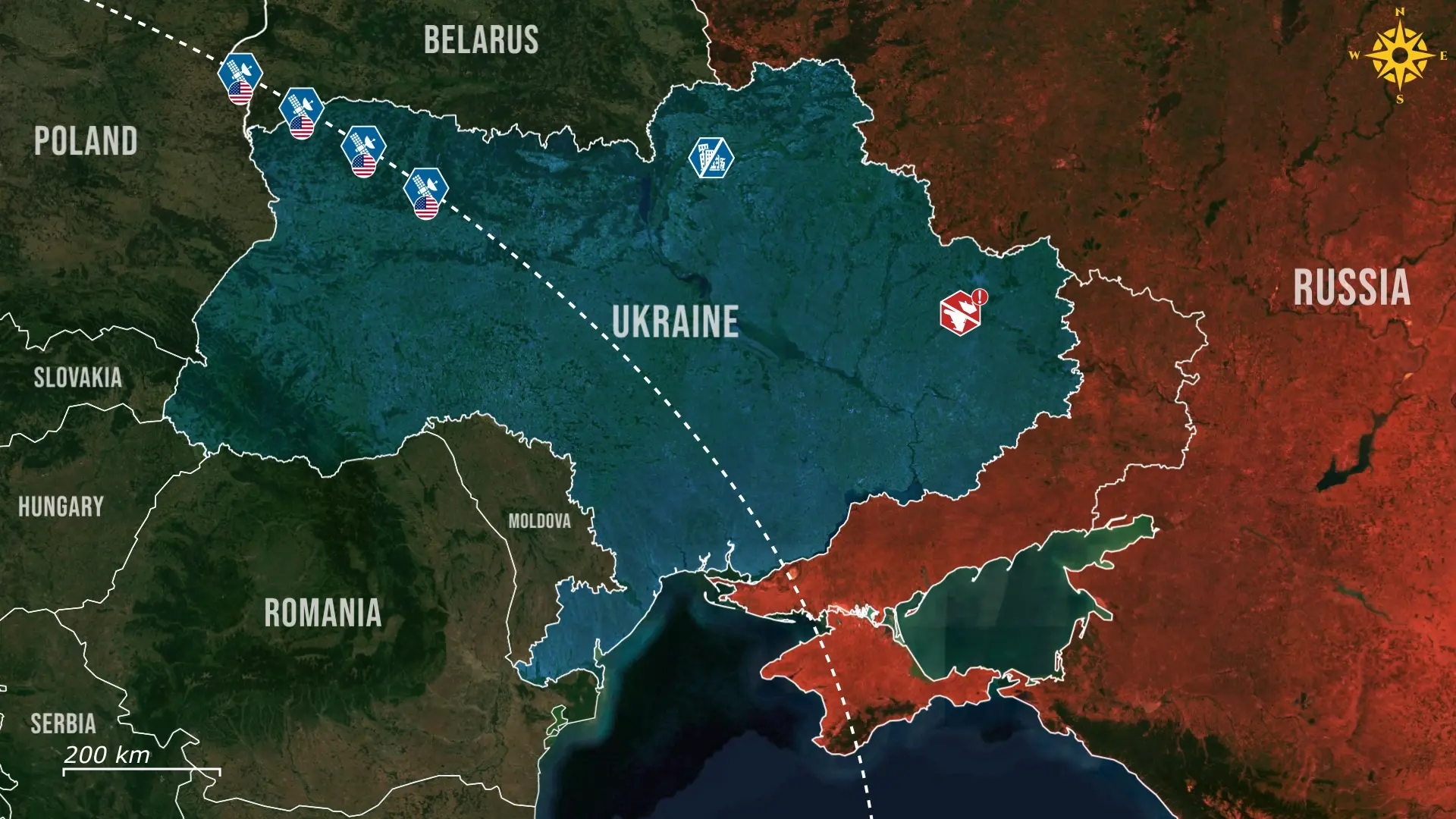
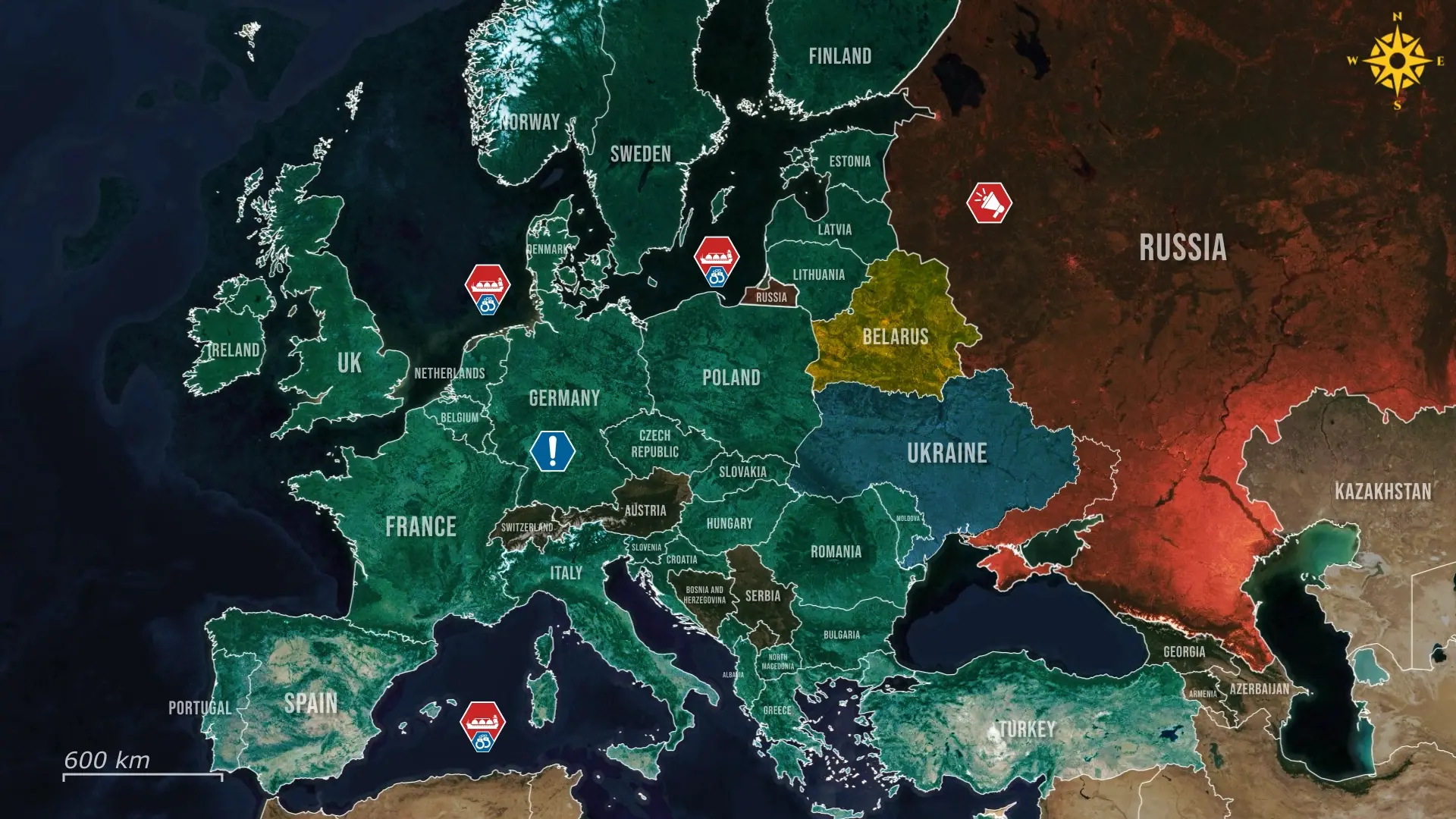
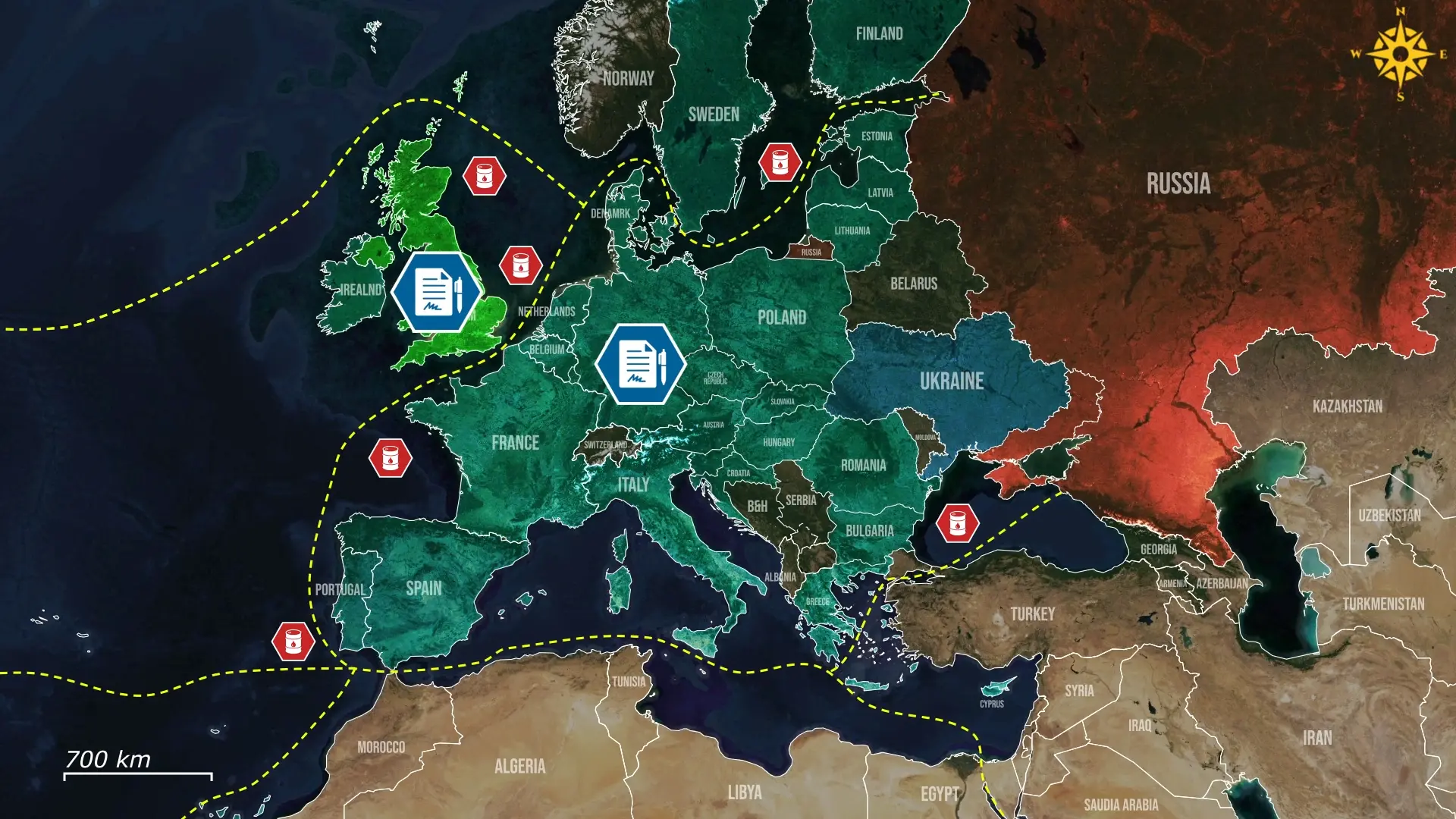
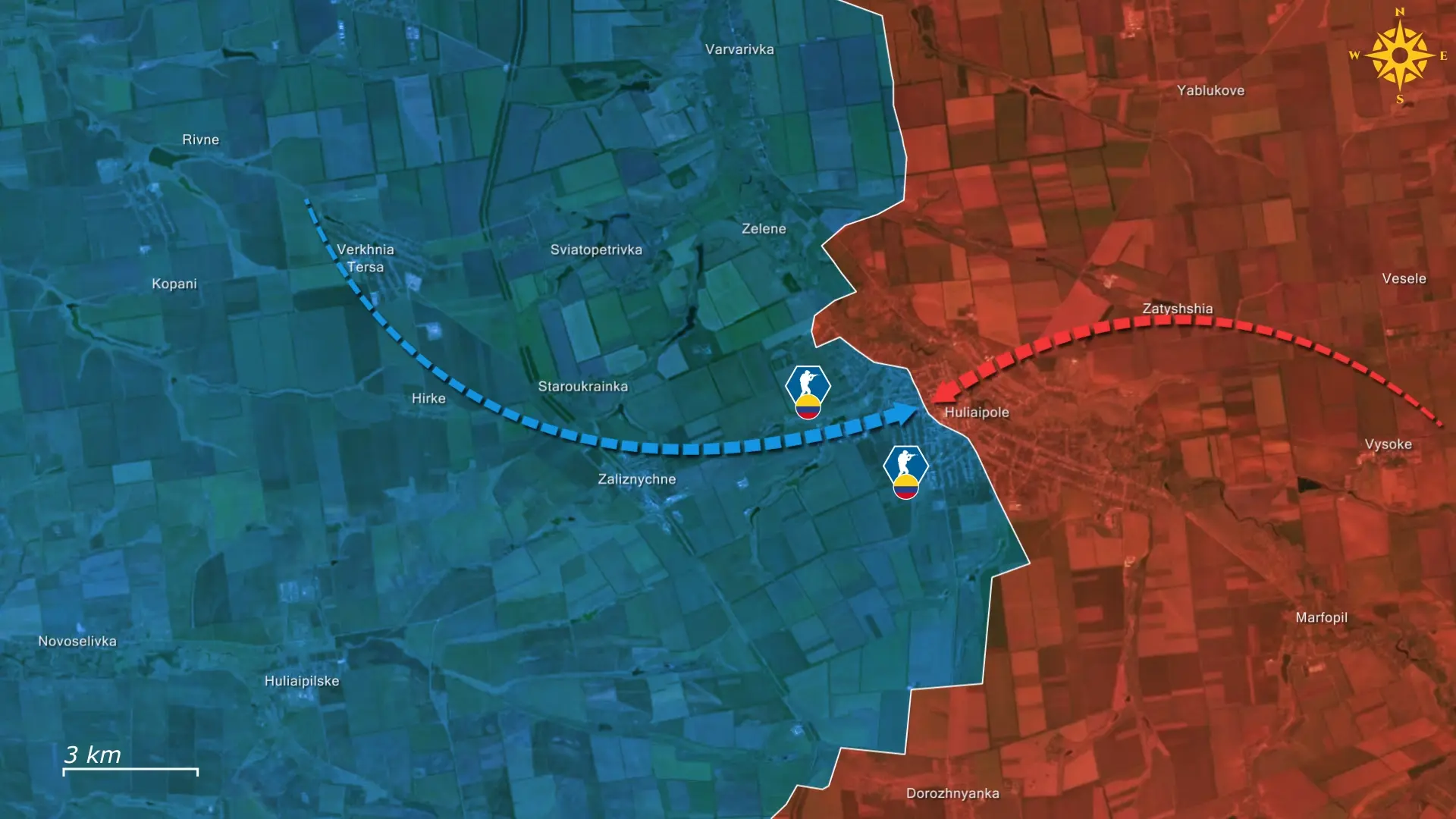

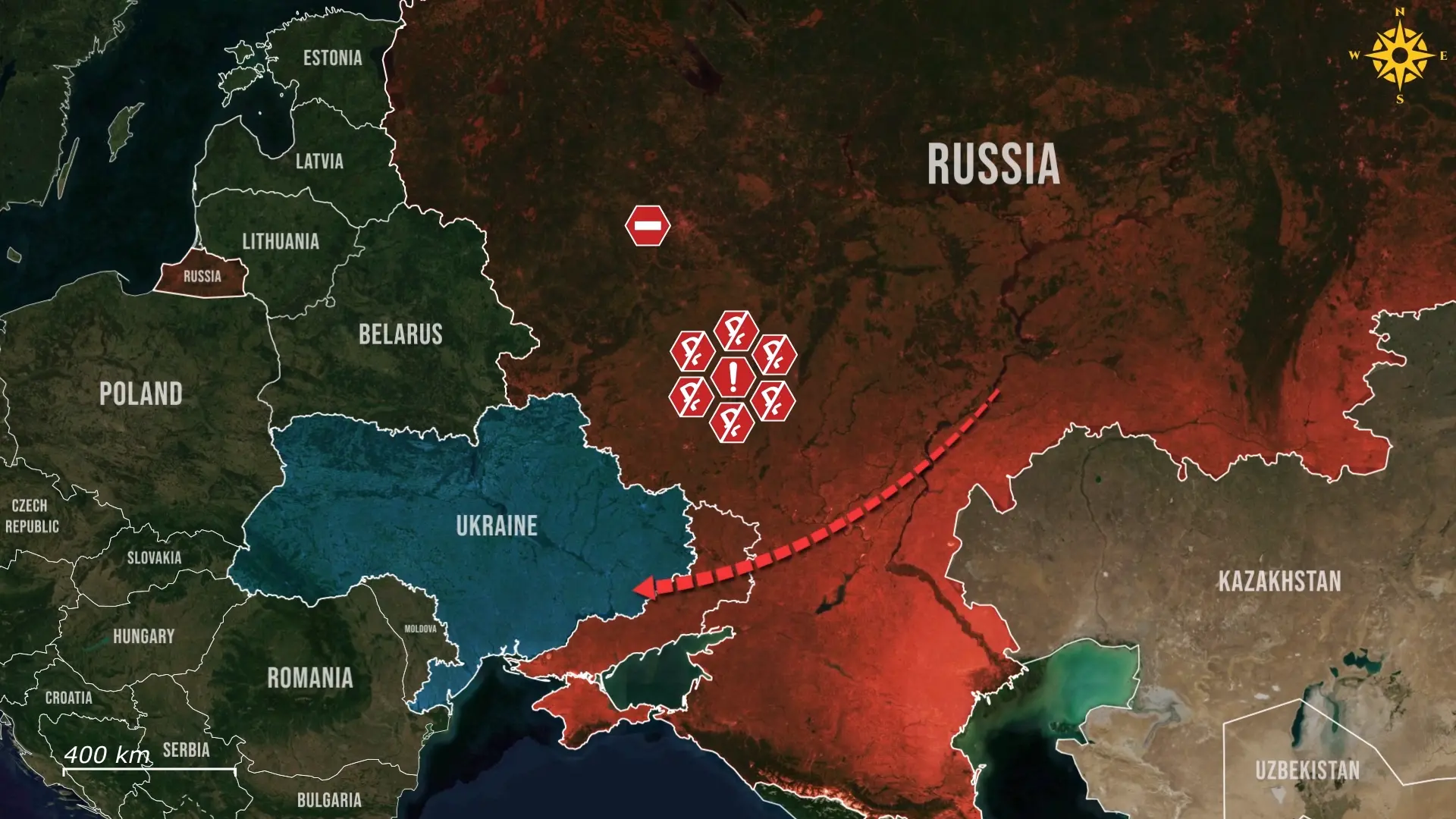
Comments